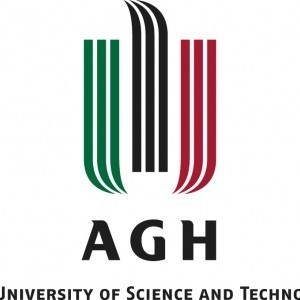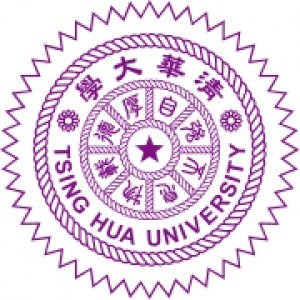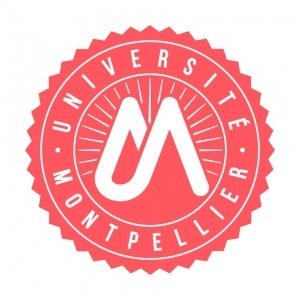Photos of university / #fh_muenster
Chemical Engineering at the University of Applied Sciences Münster offers a comprehensive and practical education designed to prepare students for a successful career in the chemical industry and related sectors. The programme integrates theoretical knowledge with hands-on experience, focusing on sustainable and innovative solutions for chemical processes. Students will learn about process engineering, reaction engineering, thermodynamics, heat and mass transfer, plant design, and process control. The curriculum emphasizes the importance of safety, environmental protection, and economic efficiency in chemical production processes.
Throughout the programme, students engage in laboratory work and project-based learning to develop their technical skills and problem-solving abilities. They are also introduced to computer-aided design and simulation tools commonly used in the industry. The programme prepares graduates for tasks such as process development, optimization, and operation, as well as research and development activities. Students gain insights into raw material handling, chemical synthesis, separation processes, and waste management.
The University of Applied Sciences Münster collaborates closely with industry partners, providing students with internship opportunities and real-world project experiences. This connection ensures that graduates possess relevant practical skills and a thorough understanding of current industry standards. The programme also emphasizes interdisciplinary teamwork, communication skills, and international mobility, equipping students to operate effectively in diverse professional environments.
The degree programme adheres to high academic standards and aims to develop responsible engineers committed to sustainable development goals. Graduates are well-prepared to pursue careers in chemical manufacturing, energy, pharmaceuticals, environmental technology, and other related fields, or to continue their studies in specialized master's programmes. The university's modern facilities, dedicated faculty, and strong industry links create an ideal learning environment for aspiring chemical engineers seeking to make a positive impact in their profession.
Educational organisation
The first three semesters comprise regular subjects on chemical processing or applied chemistry. Each specialisation has three obligatory modules (eight CP each). Three research projects (four CP each) must be completed. Additional courses from a catalogue of modules are to be chosen to yield a total of 30 credit points per semester.The courses are generally conducted in the form of lectures accompanied by seminars and labs.
The fourth semester is reserved for the Master's thesis and the final defence colloquium (30 credit points). In total, 120 credit points are necessary for graduation.
Forms of assessment
Written tasks and/or oral presentations on practical experimentsWritten exams or oral examinations
One piece of project work is a literature review.
Two other practical projects include a student workload of 120 hours.
For each graded piece of project work, four credits are awarded.
Course objectives
The degree qualifies successful students for leading positions in industry, for national or international PhD studies or for independent research in research organisations such as the Max Planck Institutes, academies of science, university groups or industrial research organisations.Language requirements
English skills should be at level B2 of the Common European Framework of Reference. Options to prove your language skills:- Bachelor's degree in a study programme taught in English
- IELTS score of 6.0 or better (other equivalent tests are accepted as well)
Academic requirements
Bachelor's degree or equivalent in chemistry, chemical engineering, materials science or a similar subjectEnrolment fees
Every semester, students are obliged to pay a social contribution towards tasks performed by the Studentenwerk Münster and a contribution to the student body. The amount to be paid is approx. 250 EUR.Costs of living
Approx. 670 EUR per monthJob opportunities
Qualified students may be employed in research activities in the department.Funding opportunities within the university
https://www.fh-muenster.de/studium/finanzierung/stipendien.php
Arrival support
International students can contact the International Reception Service (FHiRST) of the International Office.See: https://www.fh-muenster.de/international-students
Services and support for international students
The International Office offers social activities for international students.See: https://www.fh-muenster.de/fhirst









